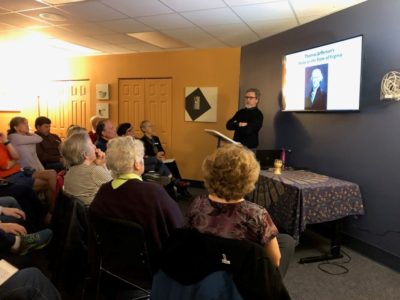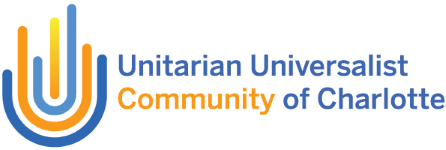by Jay Leach ~
My dad rarely gave unsolicited advice. However, as we discussed my impending departure for college he proffered a suggestion. “You should consider studying business.” He explained that a deep understanding of how the business world works would be an asset in any profession I chose.
Respecting his counsel, I enrolled in an Economics 101 course in my freshman year. And . . . well . . . let’s just say my pursuit of a business degree came to a rather abrupt, premature conclusion.
The next year, while home on break, I broached a tricky conversation. I was trying to explain to my dad—the Director of Management Information Services for a major corporation—that I was hoping he’d continue to write sizeable tuition checks so that I could study . . . philosophy.
He responded with a surprising question: “Do you enjoy it?” I replied, “Like nothing I’ve ever studied before.” With wisdom and compassion he suggested, “Then that sounds like the right thing to do.”
Since he didn’t offer the pushback I had anticipated, I decided I’d have to play his role. “But what kind of job am I going to get with a degree in philosophy?” With even more wisdom and compassion, he asked, “What makes you think you’re in college to get a job?”
I’ll never forget what he said next. “In my professional world,” he explained, “things are changing so rapidly that if it is in a textbook or being taught in a college class, it is no longer relevant.” He suggested that the single most important quality he needed from the people on the team he hired and managed was the capacity to learn.

His view of the value of college was this: it should be a place where people learn more about how to learn. And, he said, we learn how to learn by learning things we enjoy learning. So, if you enjoy philosophy, then that’s the right answer for you. “Because,” he said, with a kind of wisdom and compassion that lingers to this day, “you’ll need to be a learner for the rest of your life.”
I look back on that conversation with such immense gratitude and love. As a young adult my dad was urging me to learn more about how to learn because it was a skill I’d need from then on. I’d never reach a stage in my life when I knew enough. I’d never come to a time when I could simply rest on my intellectual, emotional, spiritual understandings. There would always be more I could and should learn.
Many years later, I’m still finding my dad’s perspective to be absolutely right. Especially in these past two years, as both a minister and member of this congregation and as a citizen of this city, state, nation and world, I have been learning so much about what I haven’t yet learned.
Perhaps it is because of the early guidance offered me by my dad—a man celebrated for his management skills and his pragmatic, efficient approach—that I’ve never found it necessary or even helpful to distinguish between learning and doing. I’ve long thought of learning itself as a very important way of “doing something.” And, I’ve long experienced that in “doing something” I am always in the role of learner.
This issue of Soundings offers you a glimpse into the process of learning that has been and is taking place here at the UUCC. In services, groups, classes, discussions, paired conversations, and informal interactions we’ve been learning . . . and doing . . . and learning.
